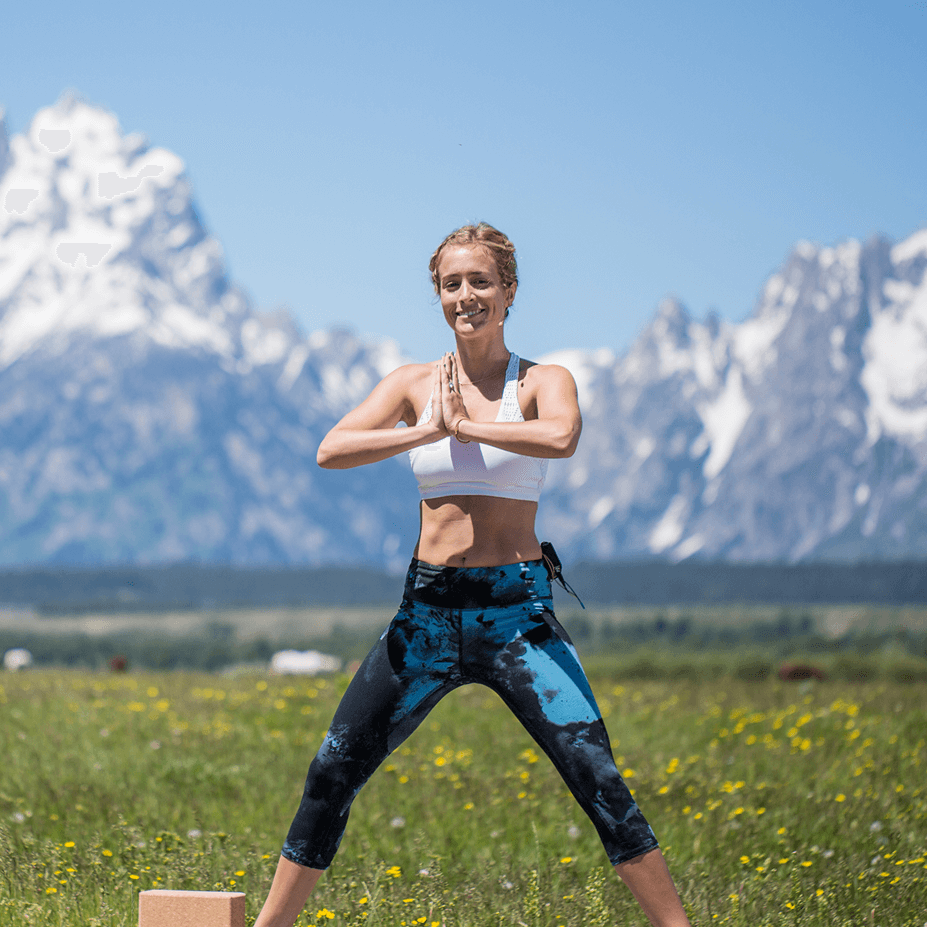How Does Your Body Respond to Stress?

The feeling of stress is one of the most universal feelings around. From continent to continent, individuals feel and react to stress daily in their workplaces, in their home environments and-most recently-in the wake of an unknown enemy that takes shape as a virus. When does this stress become anxiety? What are the physical signs that one is feeling stress? And what can yoga and mindfulness do to help us counteract the effects of stress and anxiety on our body and mind?
Stress and Anxiety: Different or Cut from the Same Cloth?
First, the difference between stress and anxiety is slight but important. We feel stress when we are met with an external problem; need to make that work deadline or troubles in our relationships. Stress is something we feel in the moment as something happens to us or we are met with an unsavory obstacle. Anxiety is caused by internal emotions: worry related to going into work because that coworker is harassing you or fear of heights due to falling out of a tree as a child are both examples of anxiety. Anxiety is felt before an incident happens and generally persists after the incident has passed.
How Does Stress/Anxiety Present Itself in Our Bodies?
Our body is fascinating in the sense that it has a stress and anxiety alarm it sets off using physical indicators. We can begin sweating, our bodies can have trouble regarding digestion and sleep, lack of sleep can lead to frequent sickness and decreased energy. On a more extreme basis, stress and anxiety can lead to depression and lack of/increased appetite.
Chances are we have all felt some of these symptoms when we are stressed, but can you remember actually feeling these things while in the moment causing you stress? I bet not. Why is this?
When we are put under pressure or stressful situations, we are generally not very mindful of what it is we are feeling exactly. We know we are stressed, but physical indicators get thrown to the wayside as we begin working on the immediate stressor at hand. What if you took a moment, or a few, amidst your stressful event and did some deep breathing? This is mindfulness in the moment. This brings our bodies to the here and now and slows the physical effects of stress in the moment by leaving our minds to focus on our breath and current state of being.
Yoga, Mindfulness and Breathing OH MY!
Yoga ties into this all by promoting relaxation in our routine practice and preventing our bodies from immediately reacting to stressors. By focusing on your breathing while transitioning between poses and counting your breath or chanting a mantra, we calm our minds and spirit. According to a 2016 meta-analysis, practicing Hatha yoga had positive results regarding stress and anxiety reduction in its participants. An earlier study done in 2010 demonstrated that yoga improved mood and anxiety levels more than walking.
We use these relaxation techniques learned in our yoga practice to help send us into the world with a calm and present mind. Our mindfulness practices follows suit by keeping us present in the moment. If you have calmed your mind, controlled your breathing and promoted brain stimulation via exercise in the form of yoga, stress and anxiety have few places to harbor themselves throughout your day. When met with that work deadline or that tricky romantic relationship, we are able to stay present in the moment and not worry about the future or dwell on the past while also being aware of our bodily reactions as we begin to feel stressed or anxious.
So…Where Do We Go From Here?
I leave you with a challenge. I challenge you to begin a yoga ritual, give your current ritual more time and add in the nuances of mindful thinking and breathing in each session. When met with your next stressful event or bout of anxiety, bring your worries to rest on the heels of your breathing. As you enter this moment, count your breathing and return to the state you left after your last yoga session. Clear your mind of future worry or past dwelling, only the here and now matter and are accessible to you. Do this for a week, a month or a year and keep track of your change in experience using a journal or mental notes. Yoga and mindfulness take you into the present moment, the only moment that exists. It is your choice to allow this journey to unfold.
Namaste.


%20(1).png)
.png)






